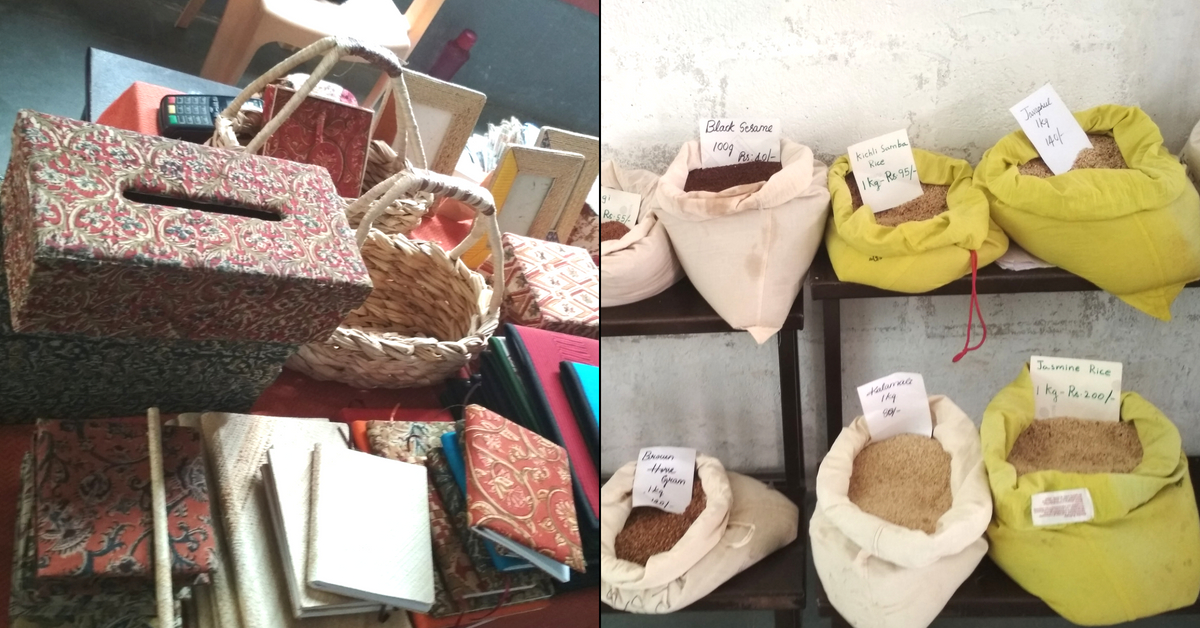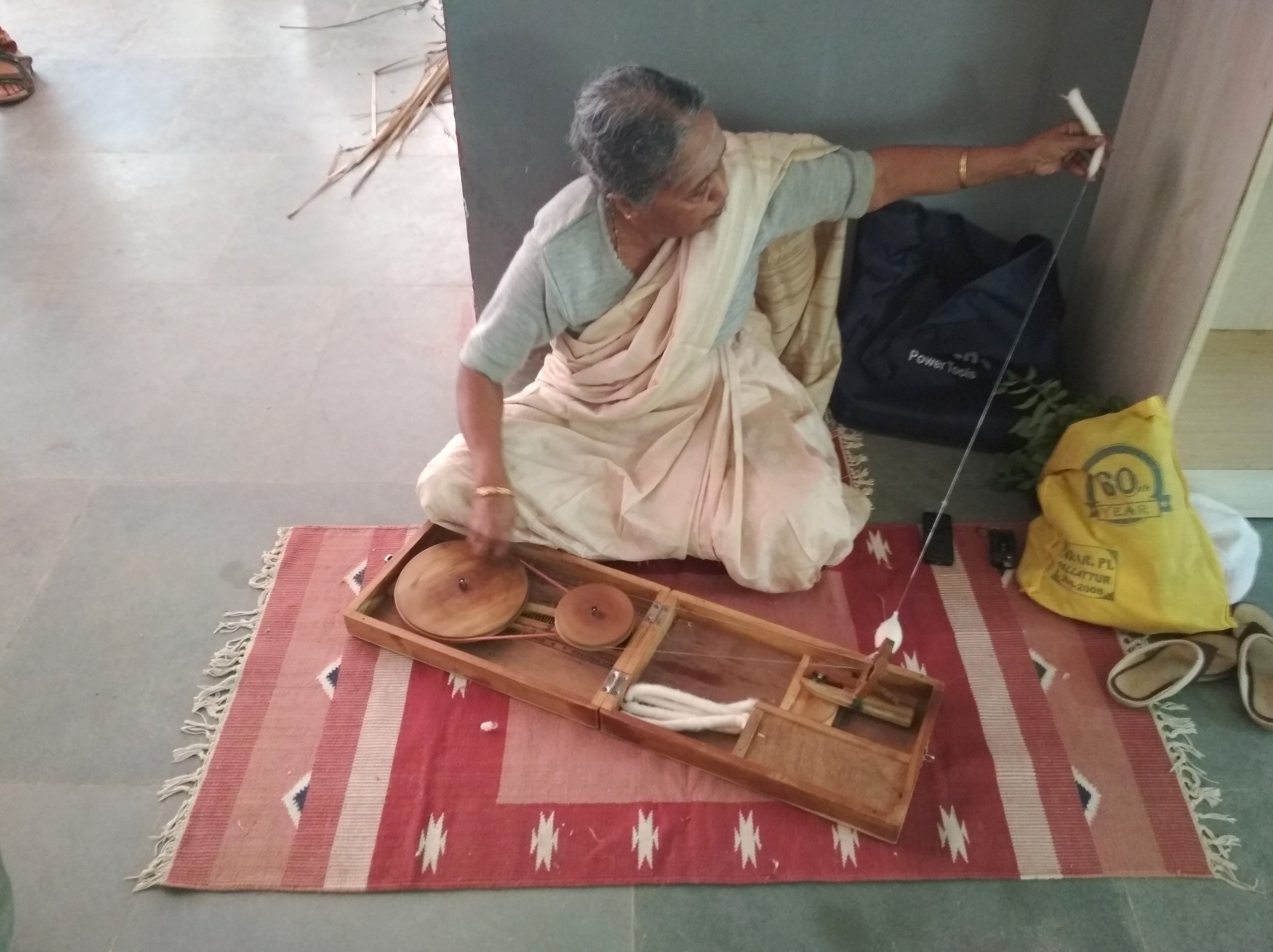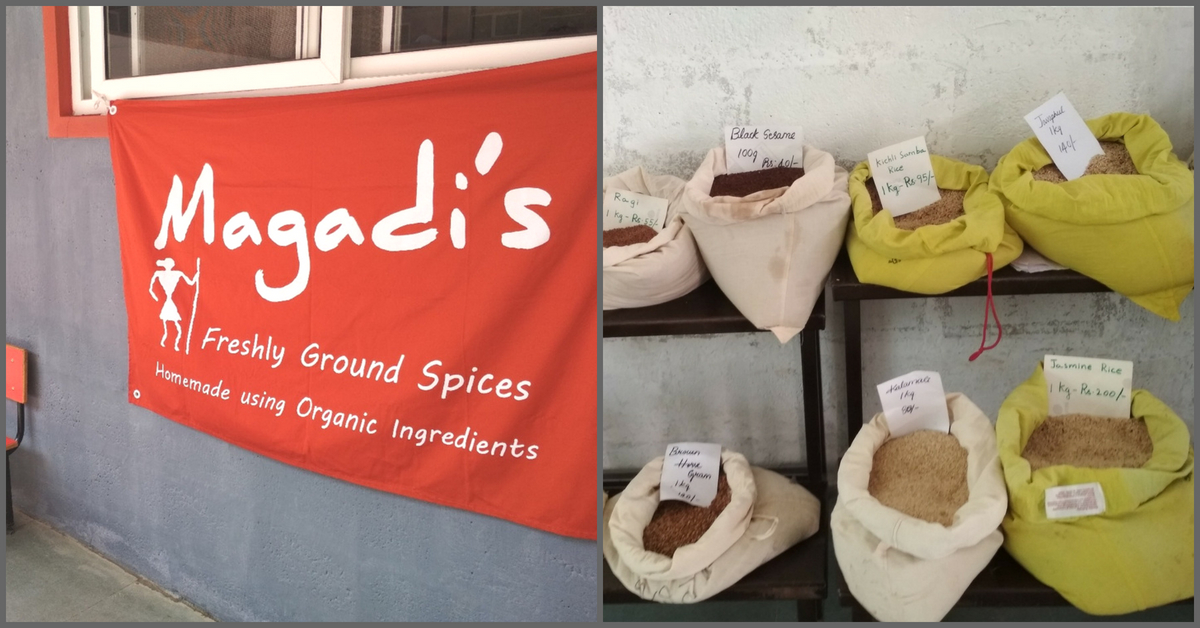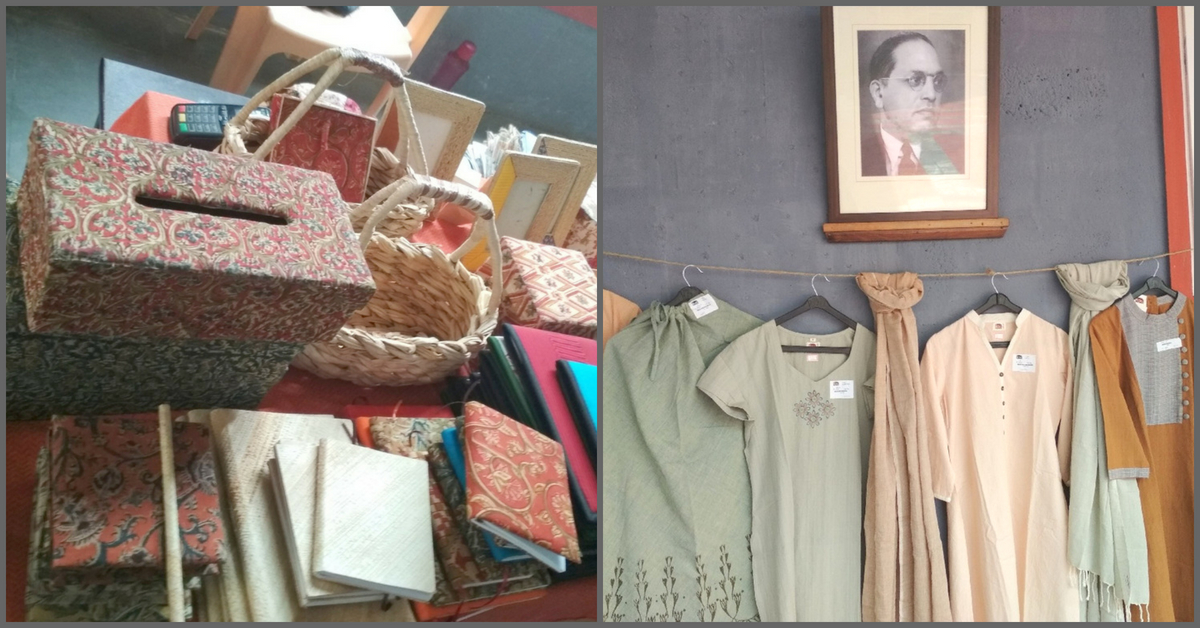This Unique ‘Santhe’ in Bengaluru Offers Farm-Fresh Food & Sustainable Goodies!
To shorten marketing and distribution channels, various associations and NGOs have come together to provide farmers with selling platforms. To illustrate, Ragi Kana in Bengaluru is one such model.

Mahatma Gandhi said, “India is not Calcutta and Bombay; India lives in her seven hundred thousand villages.” And since the statement holds true even today with 70% of Indians living in rural areas, efforts at development ought to take this large populace into highlighted consideration.
A major issue plaguing the agricultural sector today is concerning the low prices of agricultural produce which is offered to farmers. Much of this problem can be attributed to middlemen. Indian farmers, therefore, have never had the freedom to choose their markets and set prices for their produce.
What can be done?

To shorten marketing and distribution channels, various associations and NGOs have come together to provide farmers with selling platforms. To illustrate, Ragi Kana in Bengaluru is one such model.
Nestled in the seemingly remote and surprisingly green area of Kalena Agrahara, about 10 kilometers from the Bannerghatta Road, Ragi Kana is, in essence, a Sunday market.
It is a joint effort of the Gram Seva Sangh and the Gurukul Trust. While the Sangh mainly focuses on the operations side of Ragi Kana, the Trust has offered the space, i.e., the premises of the school Ramakrishna Samagra Shikshana Kendra, for hosting the ‘Santhe’ every Sunday.
The Sunday market hosts farm fresh vegetables and fruits, beautiful khadi and terracotta products, paintings, handicrafts for home decor and even a cafe which sells south Indian food, among other curiosities like ‘millet kheer’.
Chockalingam Muthiah, one of the coordinators, says, “Gram Seva Sangh has been working for rural reconstruction… trying to connect rural people and their agricultural produce with the city.” Muthiah adds, “And in this effort, Ragi Kana is a weekly santhe… like what the villagers are used to.”
Artisans come from Tumkur and are given the training to exhibit their products at Ragi Kana and also taught how to conduct handicraft workshops.

Muthiah shares, “We handpick some of these people and help them display their wares.”
“I have come from West Bengal,” a painter said, displaying scroll-length tribal paintings which sold for about two to five thousand rupees, a price only urban Bengaluru can afford.
In effect, Ragi Kana merely provides a platform where rural farmers and artisans can directly sell their produce or products to urban consumers. More importantly, the prices at which such sales are made are set by the farmers and artisans themselves. And in doing so, the seemingly simple model addresses one of the biggest challenges facing rural farmers – the middlemen.
But since the model is revolutionary and is only supported by volunteers, it comes with its own set of challenges. “They can’t always afford to travel one whole day and come here. They are small farmers, and they depend on daily wages,” Muthiah notes.
You May Also Like: Bengaluru Women Making Sure Unknown Craftsmen Reach the Market They Deserve
Further, storage facilities for the goods are not yet possible, so the villagers carry their products with them every week. Muthiah shares, “We are all volunteers here… we get together on Saturday evenings and make arrangements for the santhe.”
He continues, “There are some challenges like not being able to provide all the necessary facilities. We are trying to generate interest in the place, and there is a lot of footfall, but buying is not in proportion.”

Pointing at efforts in making Ragi Kana an attraction in the city of Bengaluru, Sanketh, a volunteer, says “We also conduct talks and other events here. A few weeks back, the violinist Ambi Subramaniam, L Subramaniam’s son, was here. And today, we have Ramachandra Guha… they’re all well known, so more people become aware of the place through them.”
Also Read: These Nifty Eco-Stores Are Helping Goans Eat Local, Go Zero-Waste & Live Sustainable!
Speaking about the simple origins of the name, Muthiah says, “Ragi was being threshed here, and that’s how the name came about.”
Ragi Kana is a model aimed at connecting rural farmers with urban markets, and while there’s no doubt that there will be challenges until the model grows large enough to sustain itself, it is a noteworthy effort.
(Written by Rishika Pardikar and Edited by Shruti Singhal)
Like this story? Or have something to share? Write to us: [email protected].
Connect with us on Facebook and Twitter.
NEW: Click here to get positive news on WhatsApp!
If you found our stories insightful, informative, or even just enjoyable, we invite you to consider making a voluntary payment to support the work we do at The Better India. Your contribution helps us continue producing quality content that educates, inspires, and drives positive change.
Choose one of the payment options below for your contribution-
By paying for the stories you value, you directly contribute to sustaining our efforts focused on making a difference in the world. Together, let's ensure that impactful stories continue to be told and shared, enriching lives and communities alike.
Thank you for your support. Here are some frequently asked questions you might find helpful to know why you are contributing?


This story made me
-
97
-
121
-
89
-
167














